Canada
Study/Work/Live in Canada
Hosting nearly half a million international students, Canada is known to offer high quality education at affordable tuition fee with degrees that are globally recognised. Add to it, an excellent quality of life, immense post-study work and immigration opportunities - Canada stands out as a popular country to study among Indian students.
- Full name: Dominion of Canada
- Population: 37.7 million (https://www.worldometers.info/world-population/canada-population/ , 2020)
- Capital: Ottawa
- Largest city: Toronto
- Area: 9.985 million Km Square (3.8552 million miles square)
- Major language: English
- Major religion: Christianity
Big Cities:
Toronto, Ontario (5.9 million), Montréal, Québec (3.9 million), Vancouver, British Columbia (2.5 million).
Climate:
Because of its great latitudinal extent, Canada has a wide variety of climates. Ocean currents play an important role, with both the warm waters of the Gulf Stream in the Atlantic and the Alaska Current in the Pacific affecting climate. Westerly winds, blowing from the sea to the land, are the prevailing air currents in the Pacific and bring coastal British Columbia heavy precipitation and moderate winter and summer temperatures. Inland, the Great Lakes moderate the weather in both southern Ontario and Quebec. In the east the cold Labrador Current meets the Gulf Stream along the coast of Newfoundland and Labrador, cooling the air and causing frequent fog.
The northern two-thirds of the country has a climate similar to that of northern Scandinavia,
with very cold winters and short, cool summers. The central southern
area of the interior plains has a typical continental climate—very cold
winters, hot summers, and relatively sparse precipitation. Southern
Ontario and Quebec have a climate with hot, humid summers and cold,
snowy winters, similar to that of some portions of the American Midwest.
Except for the west coast, all of Canada has a winter season with
average temperatures below freezing and with continuous snow cover.(Source: https://www.britannica.com/place/Canada/Climate)
Additional Information:
Canada has a total area of 9.9 million sq. km. and touches the Pacific, Arctic, and Atlantic oceans (which is why its motto, “from sea to sea” is quite appropriate), making it the country with the longest coastline (243,791 km. long). It is composed of 10 provinces and three territories with Ottawa as its capital.
The provinces are: Alberta (capital: Edmonton) , British Columbia (Victoria), Manitoba (Winnipeg), New Brunswick (Fredericton), Newfoundland and Labrador (St. John’s), Nova Scotia (Halifax), Ontario (Toronto), Prince Edward Island (Charlottetown), Quebec (Quebec City), and Saskatchewan (Regina). The three territories are: Northwest Territories (Yellowknife), Nunavut (Iqaluit), and Yukon (Whitehorse).
Institutes:
University of Toronto
McGill University
University of British Columbia
University of Alberta
Université de Montréal
McMaster University
University of Waterloo
Western University
University of Calgary
Queen's University
Benefits:
There are various reasons why canada ranks as a popular study destination for international students. The one which stands out are as follows : Academic Excellence , Ample Research Opportunities , Affordable (falls in budget) , Cultural Diversity & Inclusion , Safe & peaceful , Earn while you learn , vibrant and lively campus life , immigration opportunities.
Added to that , getting a degree from Canada sets you a step ahead from others and marks as an achievement in the CV.





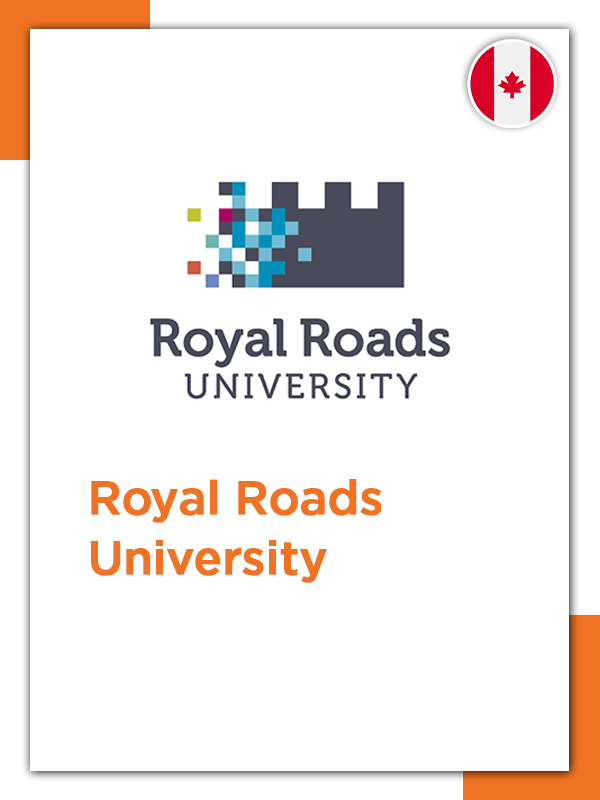

.png )
.jpg )



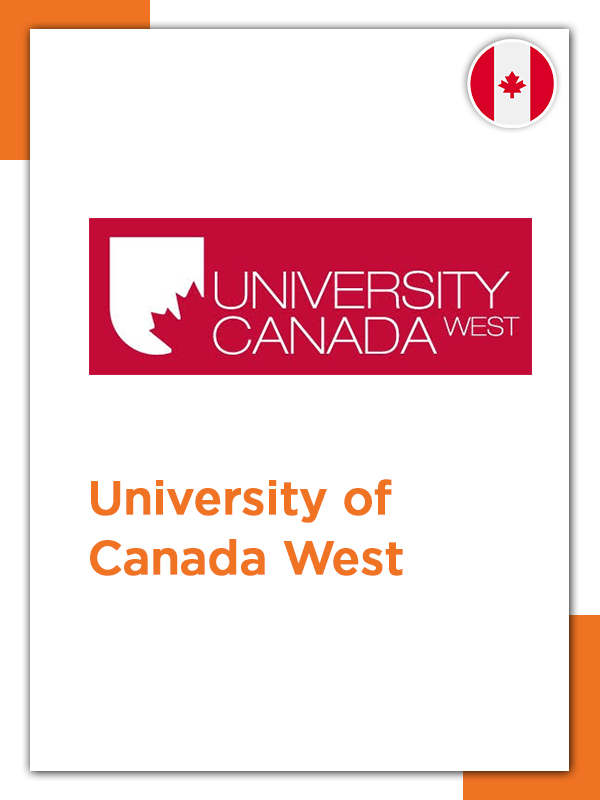
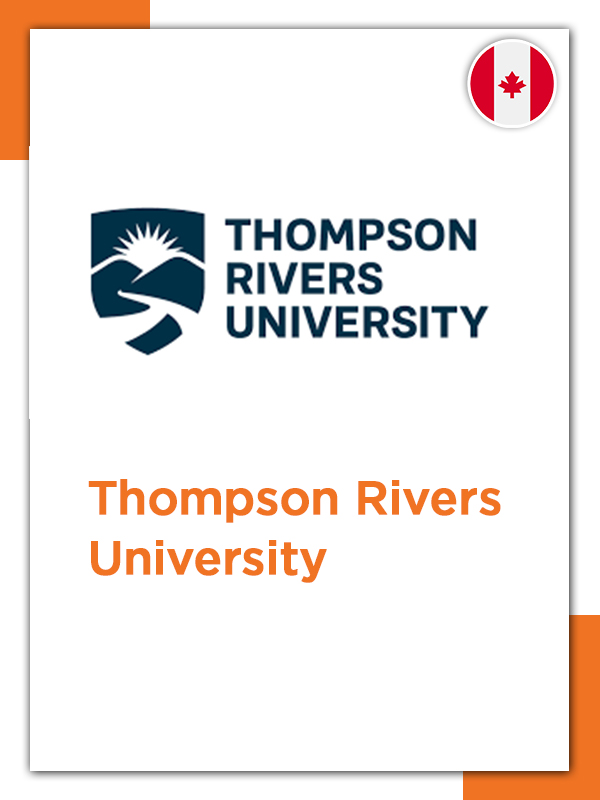


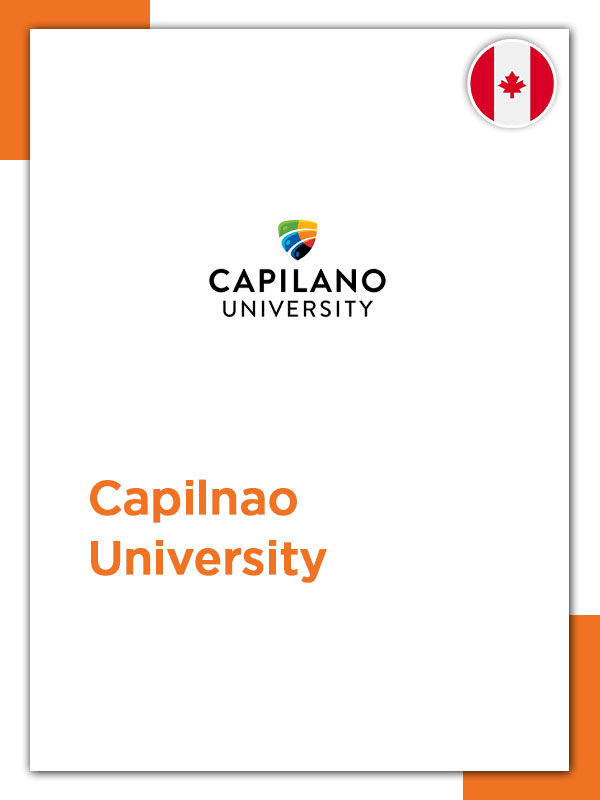


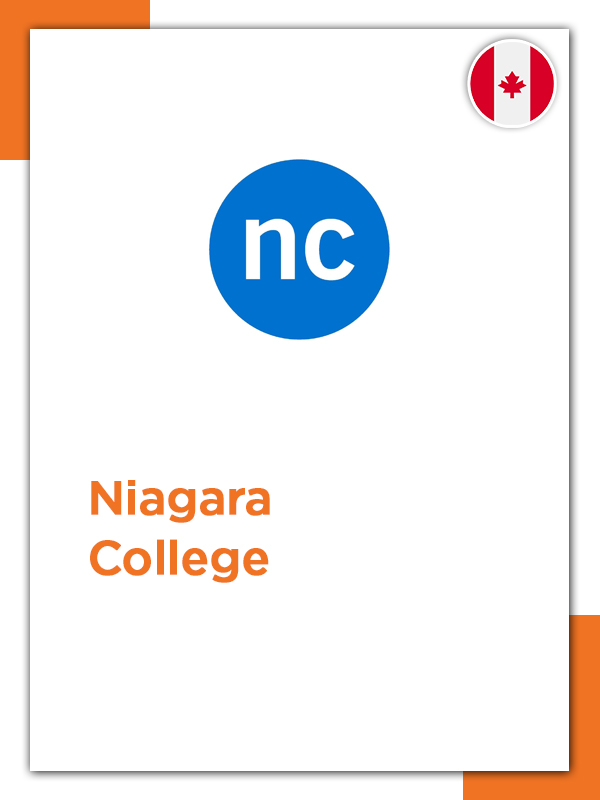


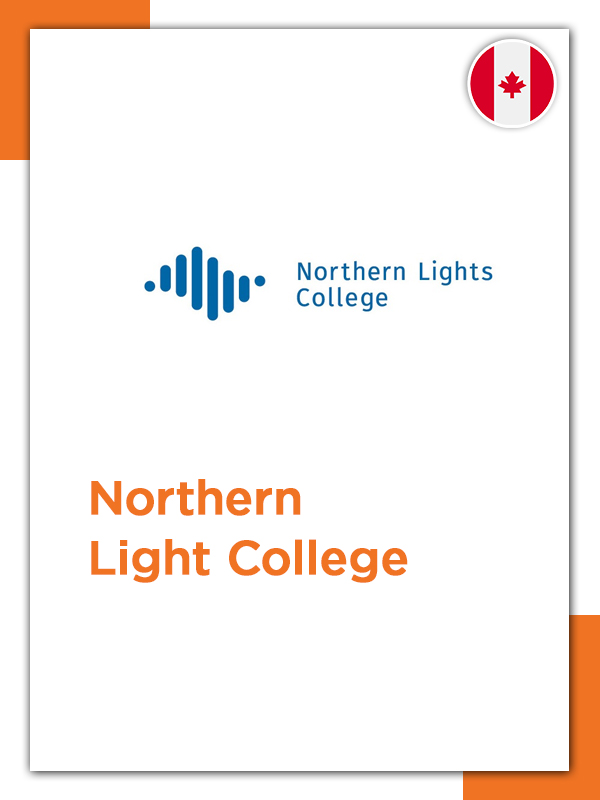

.jpg )
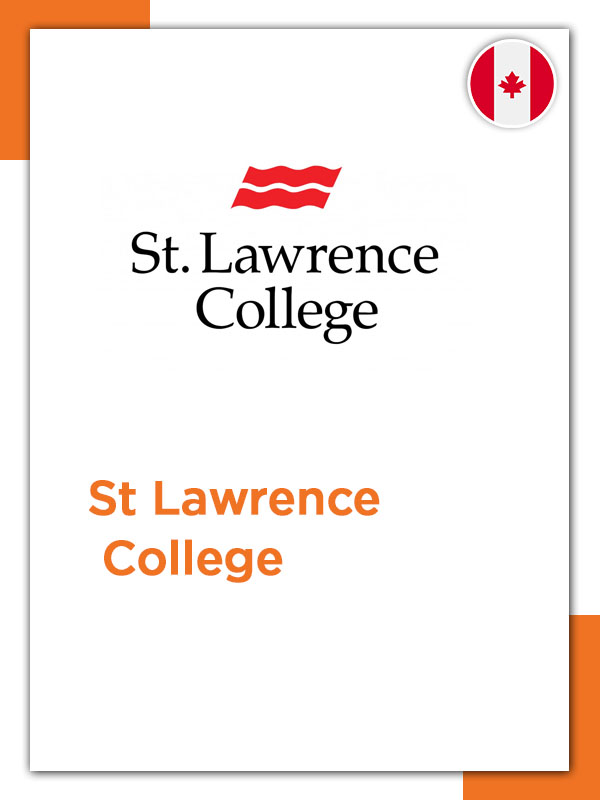
.jpg )










